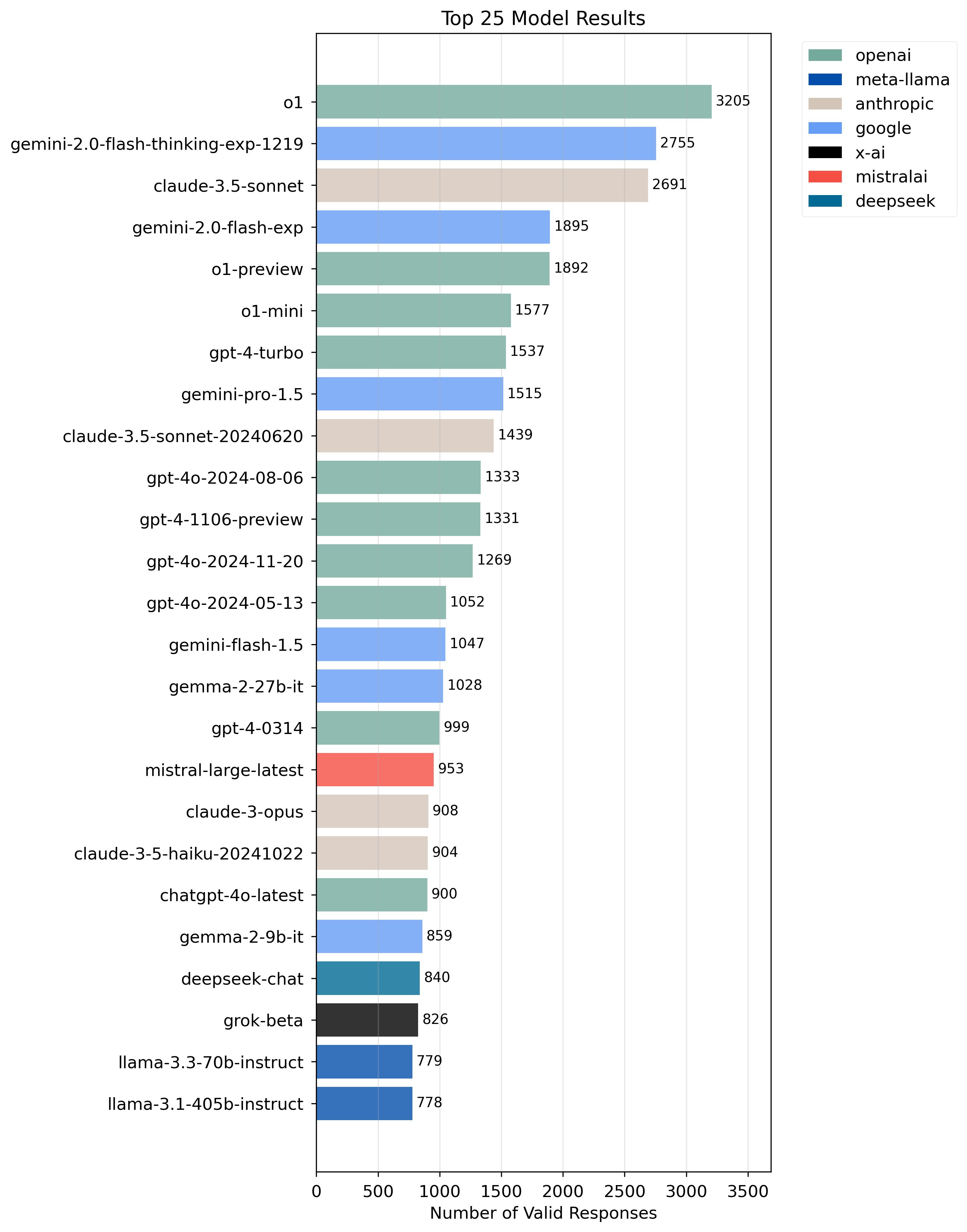
Vintagedoorware
Overview
-
Sectors Charity & Voluntary
-
Posted Jobs 0
-
Viewed 37
Company Description
OpenAI Co-founder Sutskever’s SSI in Talks to be Valued At $20 Bln,
SSI in speak to raise financing at $20 billion appraisal, up from $5 billion last September

SSI concentrates on ‘safe superintelligence’ with no profits yet

Sutskever’s performance history and SSI’s distinct approach pique financier interest
By Kenrick Cai, Krystal Hu and Anna Tong
Feb 7 (Reuters) – Safe Superintelligence, an expert system start-up co-founded by OpenAI’s previous chief scientist Ilya Sutskever in 2015, remains in talk with raise funding at an appraisal of at least $20 billion, four sources told Reuters.
That would quadruple the company’s $5 billion appraisal from its last funding round in September, when it raised $1 billion from 5 investors consisting of Sequoia Capital, Andreessen Horowitz, and DST Global.
SSI’s fundraising checks the capability of prominent AI ventures to continue to command premium appraisals following an industry-wide reappraisal triggered by Chinese start-up DeepSeek’s unveiling of its low-cost AI last month.
SSI, which has actually not produced any profits, has said its mission is to establish “safe superintelligence” that is smarter than humans while lined up with human interests.
The company’s discussions with existing and new financiers are still in the early stages and terms could still change, the sources said today, who requested anonymity to go over personal matters. It was unclear just how much money SSI was seeking to raise.
SSI, which was founded in June with offices in Palo Alto and Tel Aviv, did not respond to ask for remark. Sutskever’s co-founders are Daniel Gross, who formerly led AI efforts at Apple, and Daniel Levy, a previous OpenAI scientist.
SECRETIVE STARTUP
Beyond the brief explanation of the company’s goals for safe AI, very little is understood about the secretive start-up or its work. What has actually sustained interest amongst financiers is Sutskever’s reputation and the unique method he has said his team is working on.
In AI circles, he is a legend for his contributions to developments that underpin the financial investment craze in generative AI. He was an early supporter of scaling, which suggests devoting large quantities of computing power and data to refining AI models.
That concept was the foundation that led to generative AI advances like OpenAI’s ChatGPT, setting the course for a wave of tens of billions of dollars in investment in chips, information centers and energy.
Sutskever was likewise early in seeing the potential ceiling of such a technique due to the decreasing pool of available data to train models. Recognizing the importance of putting in resources in the inference stage, or the phase of AI when a trained design draws conclusions, he founded the team that dealt with what would become OpenAI’s most current series of reasoning models, setting a new research study direction that has actually been commonly followed.
Explaining to financiers not to windfalls, SSI has said it plans to “scale in peace” by insulating its progress from short-term industrial pressures.
This sets it apart from other AI laboratories, including OpenAI which began as a not-for-profit but shifted focus to commercial products after ChatGPT suddenly removed in 2022. It created almost $4 billion in profits in 2015 and forecast $11.6 billion in earnings this year.
Little is openly known about SSI’s method. In a Reuters interview last year Sutskever, 38, thatswhathappened.wiki said SSI was pursuing a brand-new research instructions, calling it “a new mountain to climb up”, however shared couple of other details.
Fundraising for the so-called structure design companies revealed no signs of slowing down. OpenAI remains in talk with double its appraisal to $300 billion, while rival Anthropic is completing a financing round that would value it at $60 billion.
Still, investors face fresh concerns about their outsized bet with the interruption from Chinese start-up DeepSeek, archmageriseswiki.com which established open-source models that measured up to the top U.S. AI designs at a portion of the expense.
The appeal of DeepSeek knocked nearly $600 billion off Nvidia’s market capitalization in late January. But it has actually not hindered big tech from plowing ever higher investment in their AI facilities this year, according to recent earnings declarations.
(Reporting by Krystal Hu in New York City, Kenrick Cai and Anna Tong in San Francisco; editing by Kenneth Li and Nia Williams)

